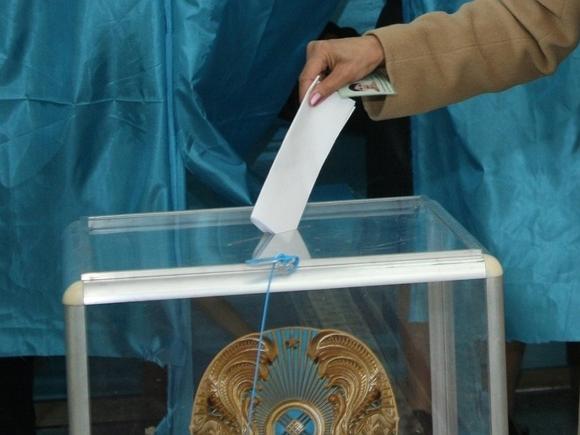“Meaningful elections cannot take place when the authorities persecute independent journalists, stifle critical media and impose severe restrictions on fundamental freedoms”, said Marius Fossum, Norwegian Helsinki Committee Regional Representative in Central Asia. “Kazakhstan should halt the persecution of critical voices and allow the independent media to carry out its activities”, he added.
The elections left the country with a rubber-stamp parliament looking strikingly similar to the outgoing one: According to data as of 21 March, the president’s party, Nur Otan, gained 82,15 % of the vote. Apart from the ruling party, only the pro-government parties the Communist People’s Party of Kazakhstan and Ak-Zhol were able to overcome the 7-percent threshold with respectively 7,14 and 7,18 of the popular vote.
According to OSCE/ODIHR observers the elections were marred by instances of ballot stuffing, proxy and group voting – and a high number of voters were added to voter lists as late as on election day. The OSCE/ODIHR observation team also noted that the legal framework restricts political and civil rights.
The election campaign was characterized by low-visibility and a generally low level of interest among the electorate. On election day in Almaty, there were few visible signs that national elections were carried out, which was mirrored by the voter-turn out in the former capital, where some 34 % of registered voters cast their vote. The time leading up to the elections saw a shrinking space for independent media, freedom of expression and freedom of assembly and association. In one particularly striking case, the authorities recently prosecuted peaceful activists based on comments made in social media. The Norwegian Helsinki Committee has also been following the cases of several independent journalists who have been detained and/or imprisoned during the run-up to the elections. The Norwegian Helsinki Committee is furthermore gravely concerned about the pressure on independent media, exemplified by last autumn’s suspension of the opposition newspaper Adam.
Apart from the parties winning representation, the environmentalist Birlik (Unity) party, the agrarian Ayul (Village) party and the Nationwide Social Democratic Party were also running. Among these parties, only the Nationwide Social Democratic Party can be considered to be an opposition party, although several observers and critics question the party’s status as such.
The lack of meaningful voter-choice stems from the authorities track-record of closing down opposition parties. In 2005, the authorities ruled the opposition party Democratic Choice of Kazakhstan illegal, and, in 2013, suspended the Alga! Party, following a trial in which the party’s leader, Vladimir Kozlov, was imprisoned. Kozlov, considered a prisoner of conscience by Amnesty International, remains in prison to this day. Last year the Communist Party of Kazakhstan became the most recent opposition party to be liquidated by the authorities.
“There is a reason why this round of elections in Kazakhstan was given relatively little attention internationally”, said Ivar Dale, Senior Adviser in the Norwegian Helsinki Committee. “The fact that the results are known in advance is not a sign of stability, it is a sign of an unfair political playing field. Kazakhstan is a young country no more. It is high time that real democracy was given a fair chance. That does not happen by banning the opposition and removing critical voices from newspaper kiosks”, he added.
